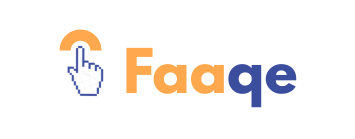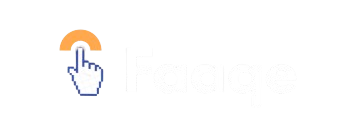Introduction to Software Testing Courses 2025
In today’s tech-driven world, software quality is paramount. Whether you’re using a mobile banking app or booking a flight online, software reliability matters. This is where software testing comes into play—and why enrolling in a software testing course could be your gateway to a lucrative and future-proof career.
If you’re exploring opportunities in tech without diving deep into coding, or you’re already in IT and want to upskill, a software testing course is the ideal choice. This guide will walk you through everything you need to know, including course content, benefits, career prospects, and how to choose the right one.
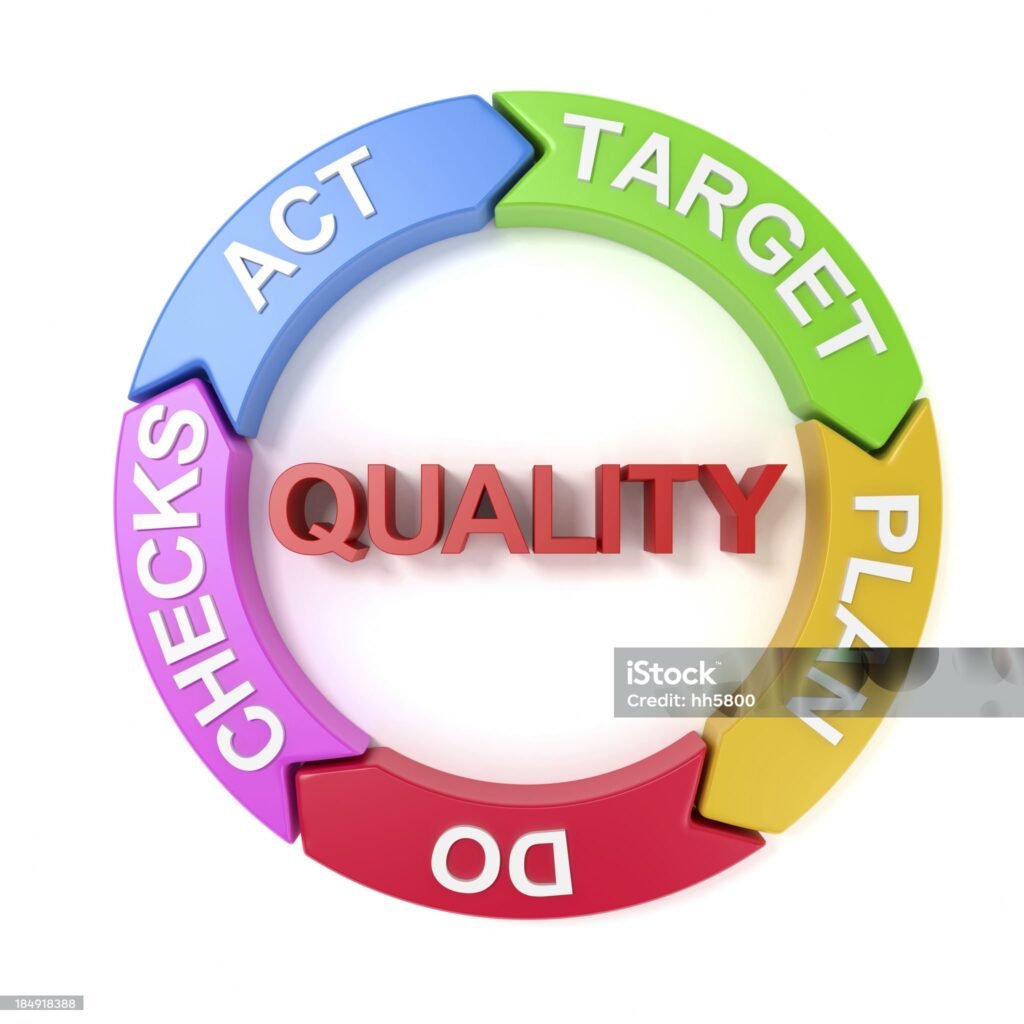
What is a Software Testing Course and Why It Matters?
Software testing is the process of evaluating a software application to identify and fix bugs before it goes live. It ensures that the software meets quality standards and user expectations.
There are several types of testing covered in most courses:
- Manual Testing
- Automation Testing
- Performance Testing
- Security Testing
- Usability Testing
A comprehensive software testing course equips learners with both theoretical knowledge and hands-on experience in these areas.
Why Take a Software Testing Course?
Enrolling in a software testing course provides multiple advantages:
1. High Demand in the Job Market
Quality Assurance (QA) testers are essential in every software development project. As businesses increasingly rely on digital platforms, demand for skilled testers is soaring globally.

2. No Coding Experience Needed
Unlike most IT roles, you don’t need to be an expert coder to start in software testing. A good course will start from the basics, making it suitable for beginners.
3. Lucrative Salaries
QA testers enjoy competitive salaries. According to Glassdoor, the average salary for a software tester ranges between $60,000 and $100,000 annually, depending on experience and location.
4. Flexible Work Opportunities
Software testing roles offer options like freelancing, remote work, or full-time corporate positions.
What Does the Software Testing Course Curriculum Include?
The curriculum may vary depending on the institute or platform, but most comprehensive software testing courses include the following:
✅ Fundamentals of Software Testing
- Testing principles
- SDLC & STLC
- Types of testing: Functional, Non-functional
✅ Manual Testing
- Test case design techniques
- Defect life cycle
- Tools like Jira, Bugzilla
✅ Automation Testing
- Introduction to Selenium
- Writing test scripts in Java or Python
- Automation frameworks (TestNG, JUnit)
✅ Performance Testing
- Using tools like LoadRunner or JMeter
✅ Security Testing Basics
- Understanding common vulnerabilities (OWASP Top 10)
- Introduction to tools like Burp Suite
✅ Hands-On Projects
- Real-world scenarios
- Creating and executing test plans
- Building test reports
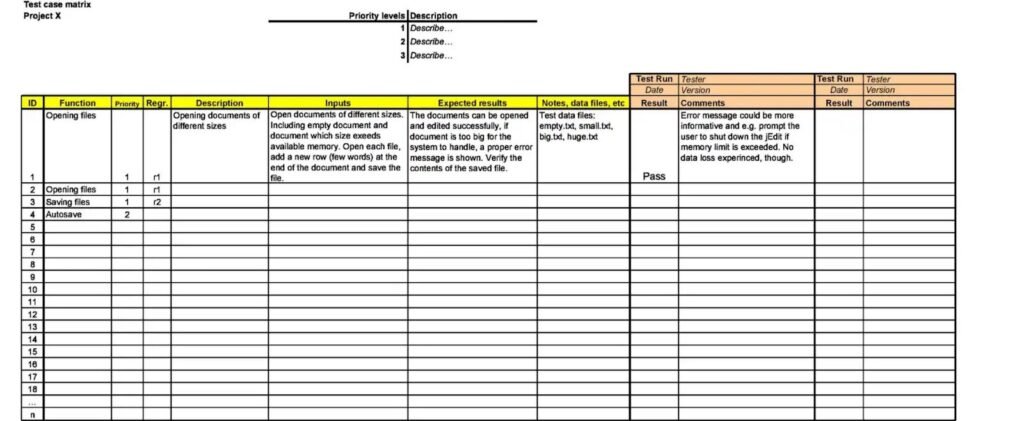
Online vs. Offline Software Testing Courses: Which One is Right for You?
🖥️ Online Courses
- Flexibility to learn anytime, anywhere
- Access to global instructors
- Ideal for working professionals or students
🏫 Offline Courses
- Face-to-face interaction
- Access to campus labs and equipment
- Better for those who prefer structured learning environments
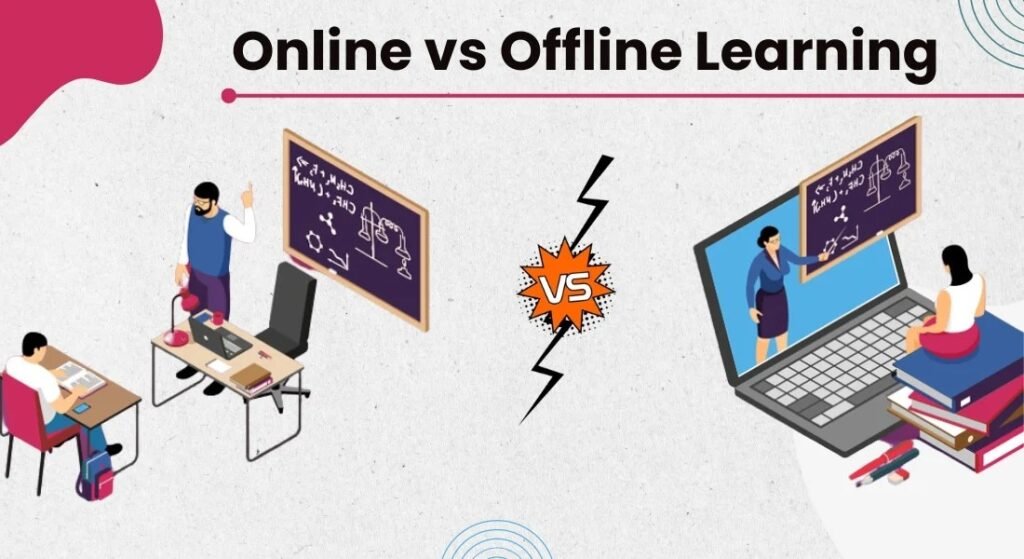
How to Choose the Right Software Testing Course in 2025
When selecting a software testing course, consider these factors:
✔️ Accreditation
Choose a course from a recognized institution or platform (e.g., Coursera, Udemy, Simplilearn, edX, or accredited IT institutes).
✔️ Course Content
Ensure it covers both manual and automation testing with updated tools and techniques.
✔️ Hands-On Experience
Practical projects are a must. Look for courses that offer real-time testing experience or internship opportunities.
✔️ Instructor Credentials
An experienced instructor with industry background ensures better learning outcomes.
✔️ Certifications
Some courses provide certification upon completion, which can enhance your resume (e.g., ISTQB, CSTE).
Who Should Take a Software Testing Course?
This course is ideal for:
- Fresh graduates seeking entry into IT
- Working professionals aiming to switch careers
- Software developers who want to understand QA
- Freelancers interested in testing gigs

Career Opportunities After Completing a Software Testing Course
Upon completion, you’ll be eligible for roles such as:
- QA Tester
- Test Engineer
- Automation Tester
- Performance Tester
- QA Analyst
- Software Test Lead
With experience, you can even advance to roles like Test Manager, QA Director, or specialize in DevOps Testing or AI Testing.
Final Thoughts: Is a Software Testing Course Worth It in 2025?
Absolutely. In a world where software is everywhere, ensuring its quality is more critical than ever. A software testing course opens the door to a high-growth, high-demand tech career without requiring a computer science degree or advanced coding skills.
Whether you’re just starting out or pivoting your career, now is the perfect time to invest in your skills and enter the field of software testing.

Software Testing Course FAQs (Frequently Asked Questions)
Q1: How long does a software testing course take?
A: Most online courses range from 4 weeks to 6 months depending on depth and intensity.
Q2: Do I need coding knowledge for automation testing?
A: Basic knowledge of Java, Python, or JavaScript helps, but many courses teach this from scratch.
Q3: Is software testing a good career in 2025 and beyond?
A: Yes! With the rise of Agile, DevOps, and continuous integration, software testing is more relevant than ever.
Conclusion
Enrolling in a software testing course is a smart move for anyone interested in entering the tech field or boosting their IT career. With minimal prerequisites, strong job prospects, and high salaries, it’s one of the most accessible and rewarding career paths in today’s digital economy.
